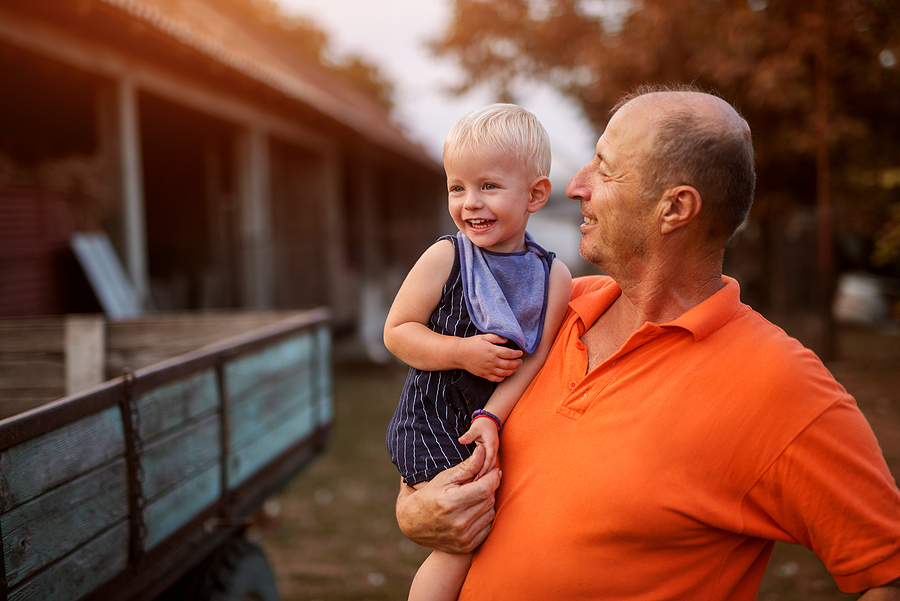by Brenda deLaet
Imagine yourself as a parent facing the usual day-to-day challenges and worries of raising children—ensuring they are sleeping, eating, growing, and learning is constantly on your mind. Then imagine something terrible happens, and you suddenly find yourself unable to care for them. Who will take care of your children? A child welfare worker tells you that there are experienced and well-trained foster families who could provide a temporary home. She also says you could reach out to someone in your own family.
For many of us, this would be an easy decision. I would call my sister. She and I live in different states and aren’t in frequent contact, but if my children needed care, there would be no question. I would want them with her, not with strangers. No matter how capable, well trained, and experienced the strangers were.
Research supports what so many of us feel instinctively when thinking through the above scenario: placement with kin offers many benefits to children. When there is a safe, stable, and supportive family member able to take placement, it minimizes the stress and trauma of removal, and allows a child to maintain a stronger sense of identity and culture. A review of 102 research studies found that children in kinship foster care experienced fewer behavioral problems, fewer mental health disorders, better well-being, and less placement disruption than children in non- kinship foster care (Winokur, et al., 2014).
Caring for Our Own
Anna is a parent who understands this from both sides. She grew up in traditional foster care, moving between foster home placements and group homes until aging out of the system at age 21. Now married and the mother of her first child, Anna tells us that she decided shortly after aging out to seek custody of her two younger brothers. Working with the same child welfare worker who supervised her own case as a child, she was able to register for Caring for Our Own offered through Children’s Home Society of NC.
Caring for Our Own is a 27-hour, kinship- focused support and training curriculum that, with the addition of three hours of supplemental training, meets the preservice training requirement for foster home licensure in North Carolina. In partnership with the NC Division of Social Services, Children’s Home Society has offered Caring for Our Own 28 times since September 2020, graduating 202 families and 309 individual kinship caregivers with not only improved social support, but the information and training needed to pursue licensure.
Anna’s youngest brother, age 13, was placed in her home before she completed Caring for Our Own in February 2022. Her other brother, age 15, was placed with her after she completed the training in June 2022.
Anna describes the past six months as both rewarding and challenging. She has had contact with her mother, and they continue to rebuild their relationship. Her mother has agreed to relinquish her rights if the boys are able to remain with Anna—setting all of them up for a positive permanency outcome. Anna feels kinship care gives children who must be removed from their home the best chance at normalcy, and she is grateful to be able to provide that for her brothers.
We should continue to prioritize and support kinship families. Placement with safe, stable, and loving relatives is good for children, good for families, and good for the child welfare system. Working together, we form a network of support that can better accomplish the goals we all share: improved child well-being, and safe and timely permanence for children.
Brenda deLaet is the Director of Permanency Training with Children’s Home Society of NC.


